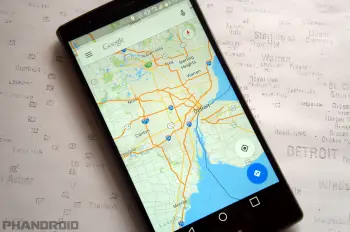
Appeals court rules law enforcement can access your phone’s location data without a warrant
With a 12-3 vote, 4th Circuit Court of Appeals ruled on Monday that the location data you share with a third-party is not protected by the Fourth Amendment and can be accessed by law enforcement without a search warrant. The court made its ruling because the location information is willingly granted to third parties and “no reasonable expectation of privacy” should be assumed by the user.
“Supreme Court precedent mandates this conclusion. For the Court has long held that an individual enjoys no Fourth Amendment protection ‘in information he voluntarily turns over to [a] third part[y].’”
We’re sure that the 4th Circuit Court of Appeals in Richmond, Virginia ruled on the issue based on the letter of the law, but we’re not sure that the ruling is in the best interest of the people. Without a warrant, law enforcement agencies can now request a person’s location data from your service provider, Google, Facebook, Microsoft or any other company that may be tracking your location within its app without first providing sufficient evidence to a judge to show that you may be implicit to a crime.
The 5th, 6th, and 11th Circuit Court of Appeals have already made the same ruling. With agreement by the lower courts, it seems unlikely that the Supreme Court will take up the issue any time soon.
Most people have nothing to hide from law enforcement, but do you believe that they should have the power to request your location history without a search warrant?